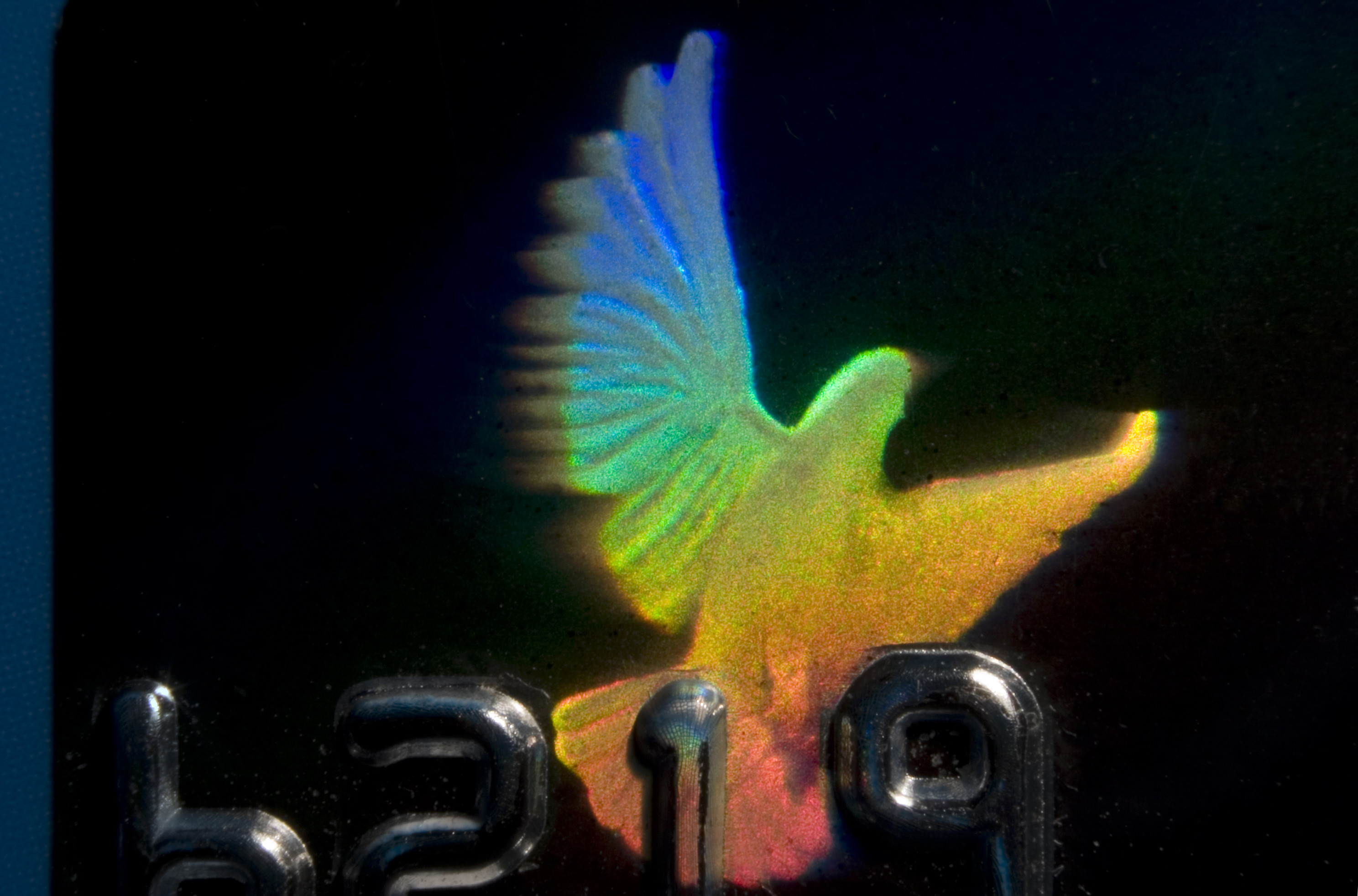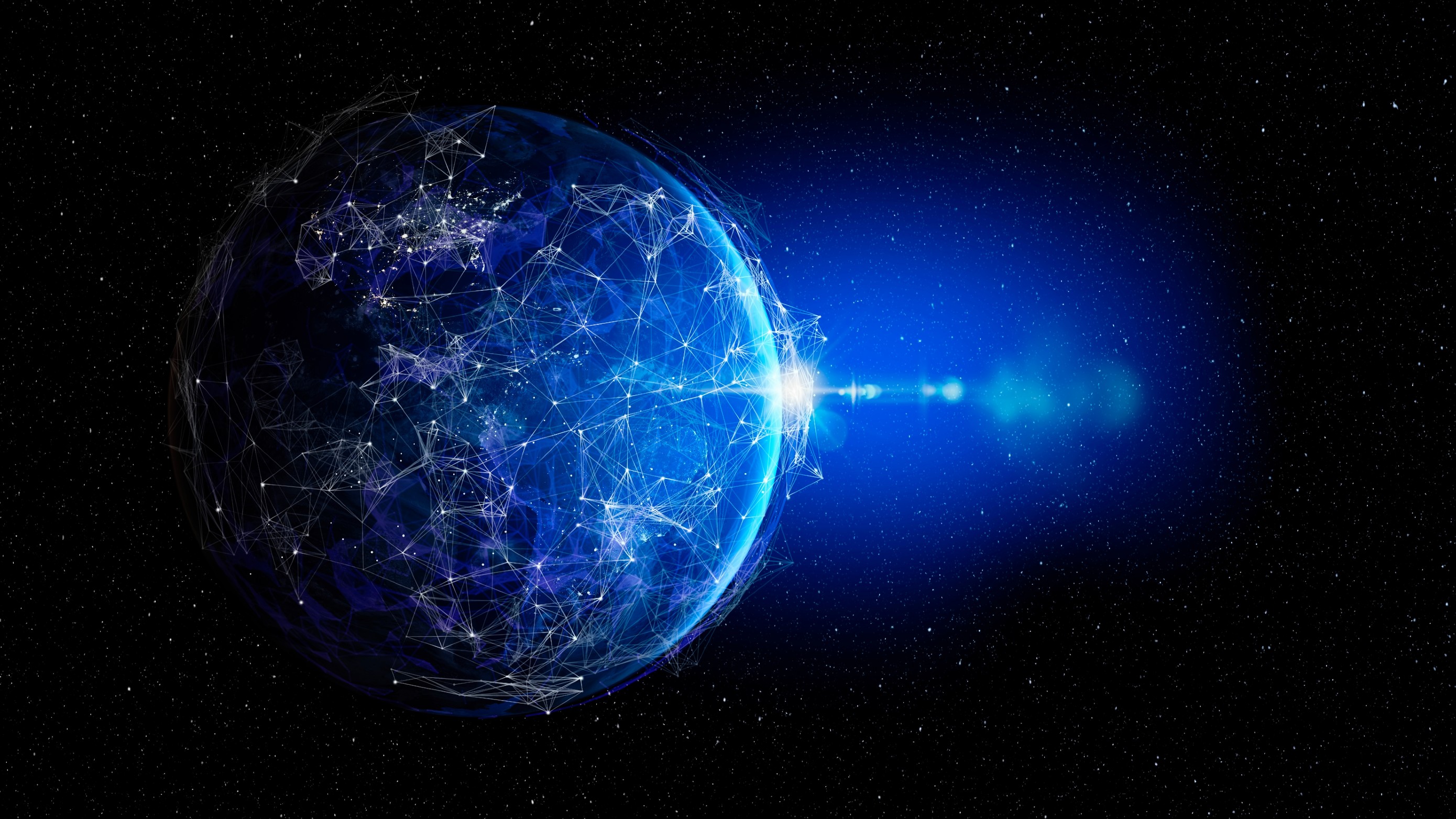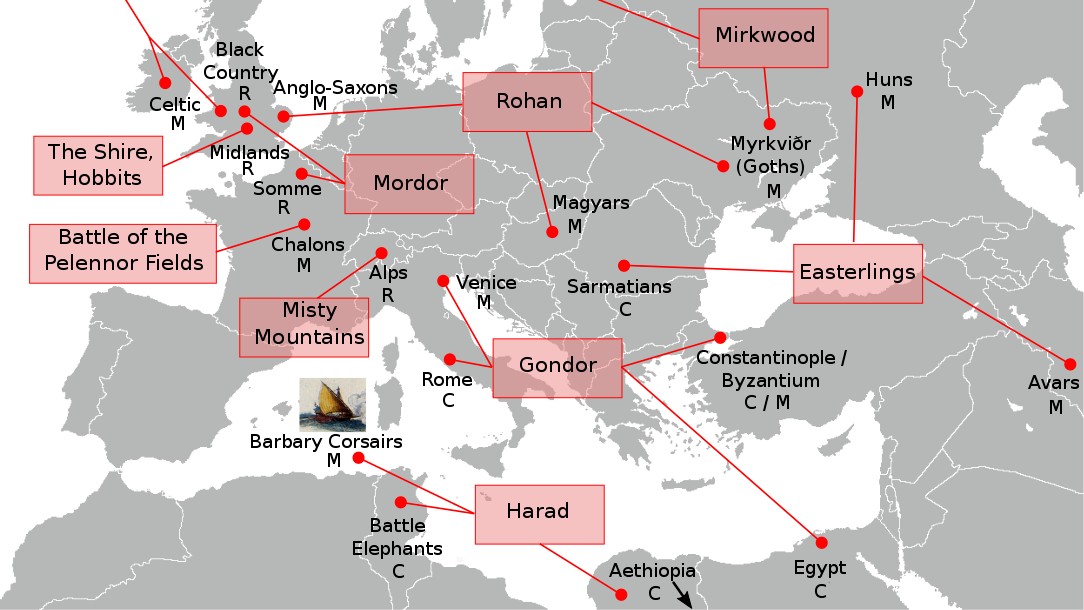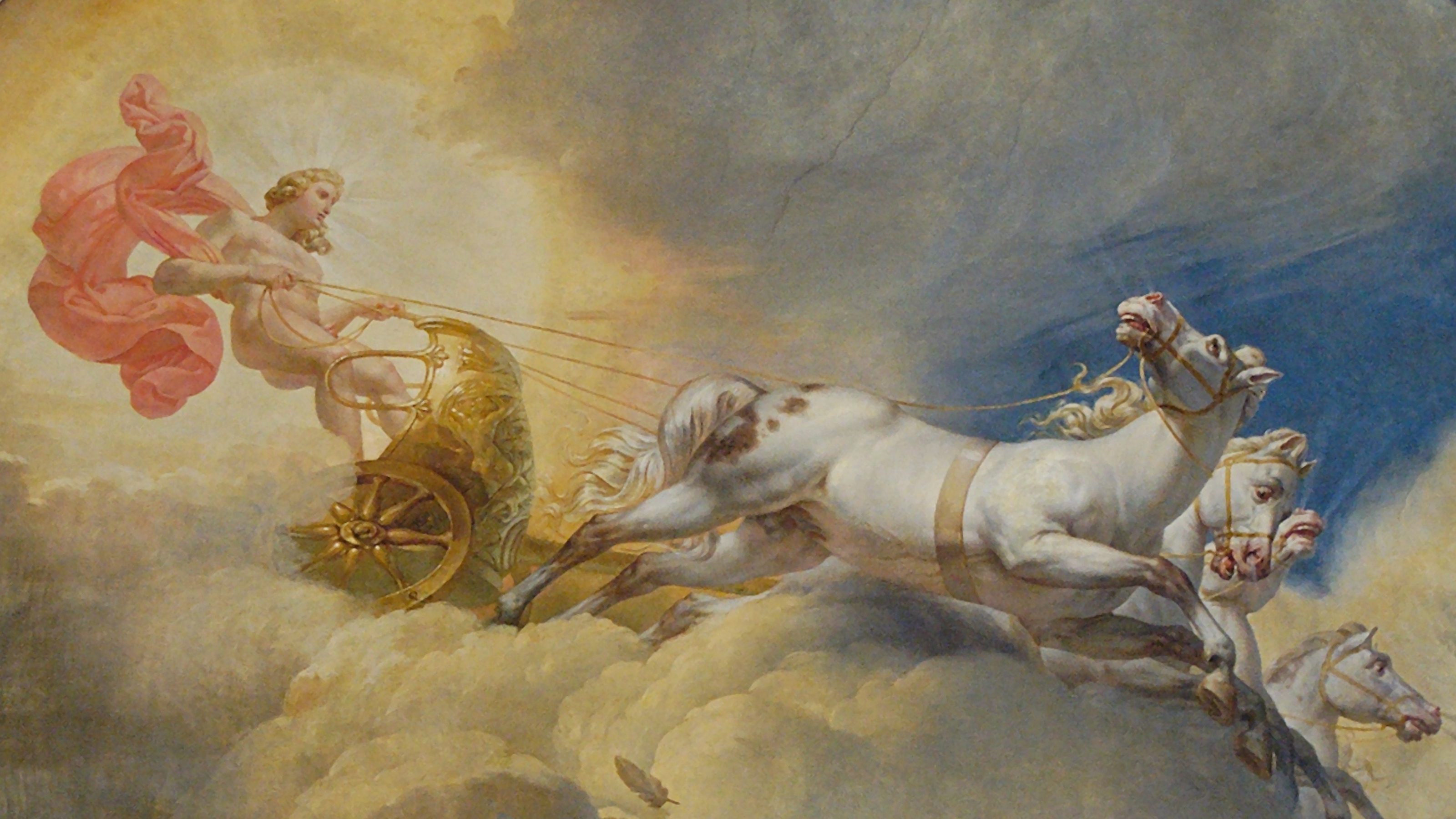Another Perspective on SOPA: Has Copyright Law Gone Too Far?
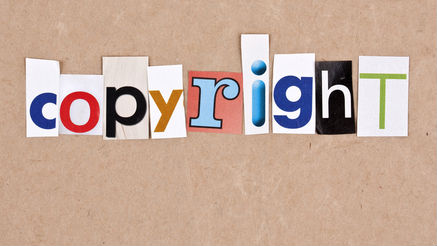
Yesterday thousands of websites including Google and Wikipedia voluntarily went dark, or restricted access to their websites in protest of the proposed SOPA and PIPA legislation that could come before Congress as early as next week. Big Think asked Internet expert Jonathan Zittrain, co-founder of the Berkman Center of Internet and Society, what we should be protecting with copyright laws, and if they need to be reformed. Zittrain told us that copyright laws have a place in our society, but have gone too far.
Originally, explains Zittrain, copyright laws were meant to protect authors and artists from intellectual theft. But now, anytime the author or artist jots down an idea on a napkin, “copyright is vesting”. Zittrain also told Big Think that the “copyright system in the (United) States is premised on what system will generate the most intellectual wealth.”
What’s the Big Idea?
One of the epiphenomenal functions of the Internet is the free culture that it has inspired. The two-way interaction of the Internet offers its users to “participate in the making of meaning” as Zittrain put it. This differs from the previous model of human interaction with media, which was a one-way interaction, such as “just watching TV all the time.” The free culture inspired by the two-way interaction of the Internet is a culture that already exists and would be next to impossible to be unmade, or restricted.
What’s the Significance?
Opponents of the new SOPA and PIPA legislation argue that the proposed legislation would restrict that free culture, which is tantamount to a restriction on speech. Zittrain warns that “if you make intellectual property laws too strong, the incumbents get to stay incumbents, and anybody new that wants to build on their shoulders has to go cut a deal or go away.”
Watch the video here:
Image courtesy of Shutterstock
